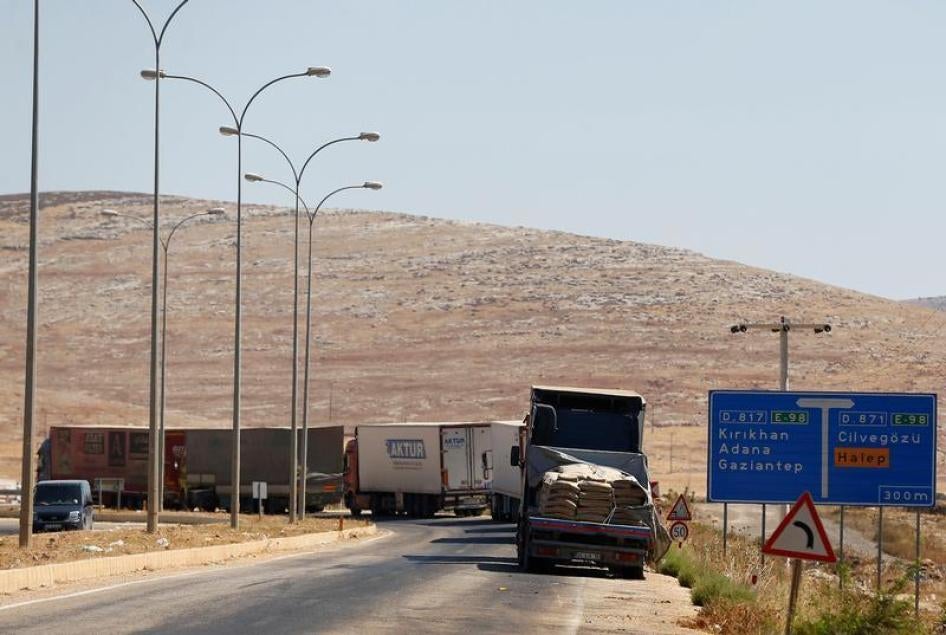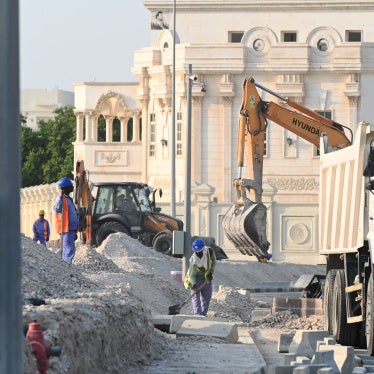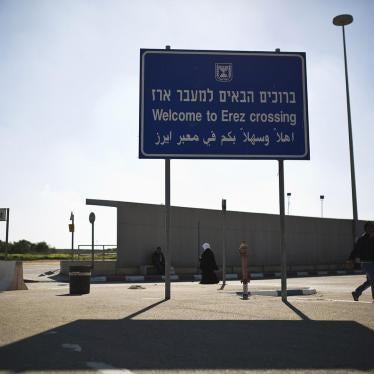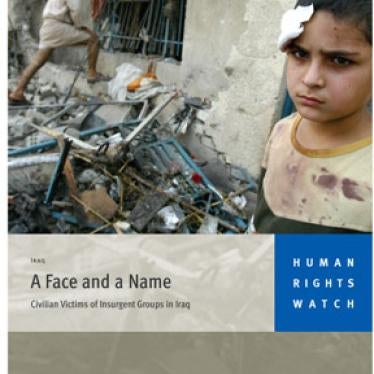Convoys filled with lifesaving aid stand idle on the Syria-Turkish border. The Syrian government has failed to issue permits to the United Nations to access and distribute aid to opposition-held Aleppo. The UN humanitarian adviser Jan Egeland also blamed armed opposition groups for delaying aid deliveries.
While a new US-Russia ceasefire has largely held since taking effect on Monday, aid workers have not been able to use the lull in fighting to deliver desperately needed food and medicines.
This week, the number of civilians killed has decreased dramatically, and a cautious calm prevails in many parts of the country that are normally studded with airstrikes.
And that’s why it is outrageous that the Syrian government continues to unlawfully block aid to besieged and hard-to-reach areas, like the densely populated opposition-held eastern Aleppo, Homs, and towns in the countryside outside Damascus.
The UN Special Envoy to Syria had expected to receive permits from the Syrian government so they could take full advantage of the lull in fighting. Why is it taking Syria so long to approve the convoys’ entry, and why has the approvals system to allow aid in not changed to allow lifesaving aid to get to those who need it faster? Wasted time means more lives that aren’t being saved.
The UN Security Council has demanded that all parties to the conflict in Syria allow aid workers swift and safe access to people in need, and external actors, notably the United States and Russia, should pressure the Syrian government to allow unhindered aid, particularly in areas hardest hit by the war.
As Human Rights Watch has documented, this is not the first time the Syrian government has blocked aid from getting to besieged areas. The government has used such unlawful practices during sieges and has also forcibly displaced civilians. Outrageously, it has also hindered aid by removing lifesaving items from convoys like antibiotics and other critical medical supplies.
Of major concern at the moment is the eastern part of the city of Aleppo, controlled by armed opposition groups and under siege since government forces cut off its main supply road, Castello Road, through constant shelling and airstrikes. Even though the current ceasefire specifically says the Castello road should be becoming a demilitarized zone to allow aid in, citizens of Aleppo told Human Rights Watch that nothing has entered the city since Monday.
Up to 300,000 people are thought to live here, and it’s been almost two months since they last received aid. As the clock counts down on the ceasefire, how long will Aleppo’s residents have to wait for help?










